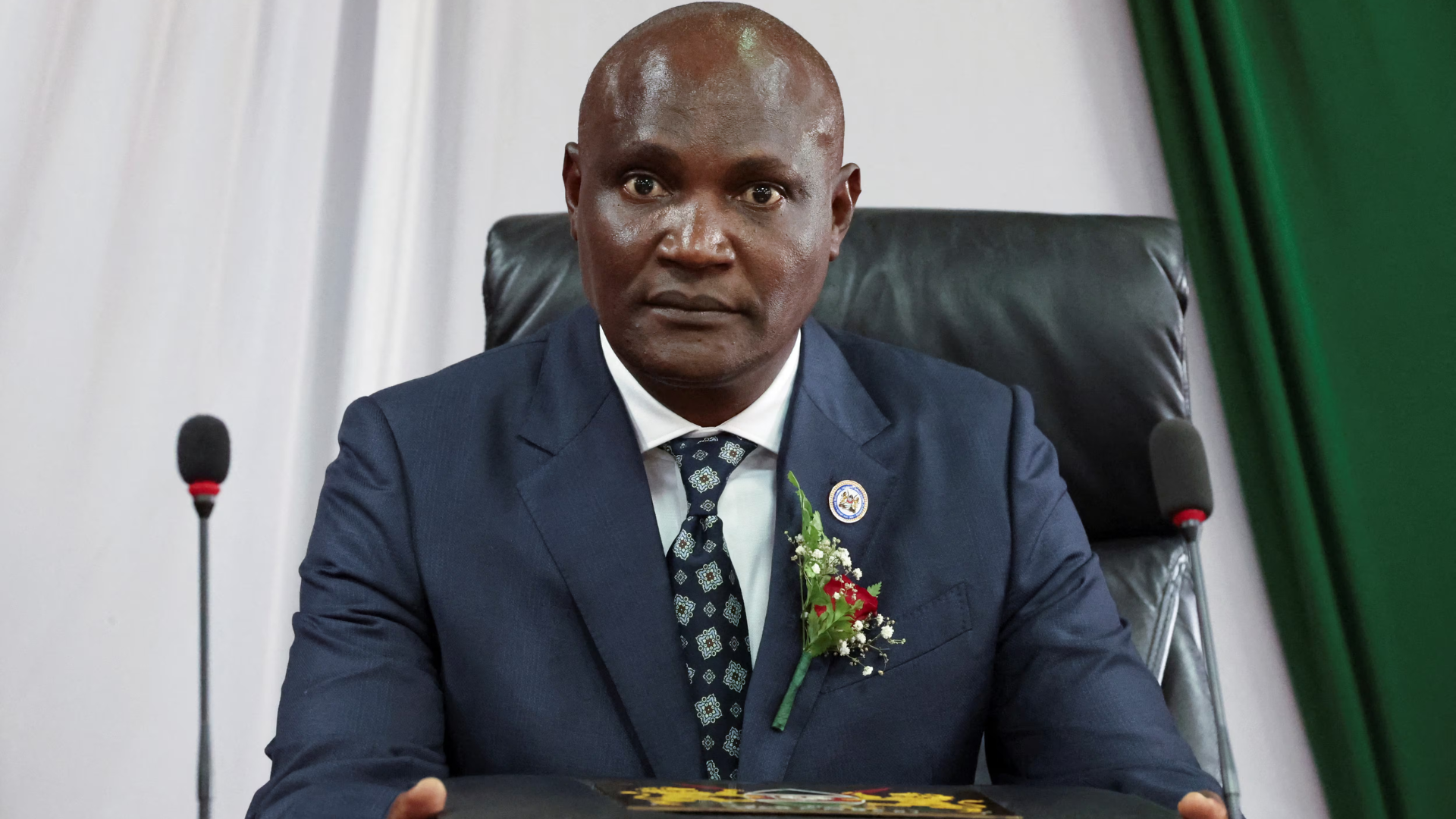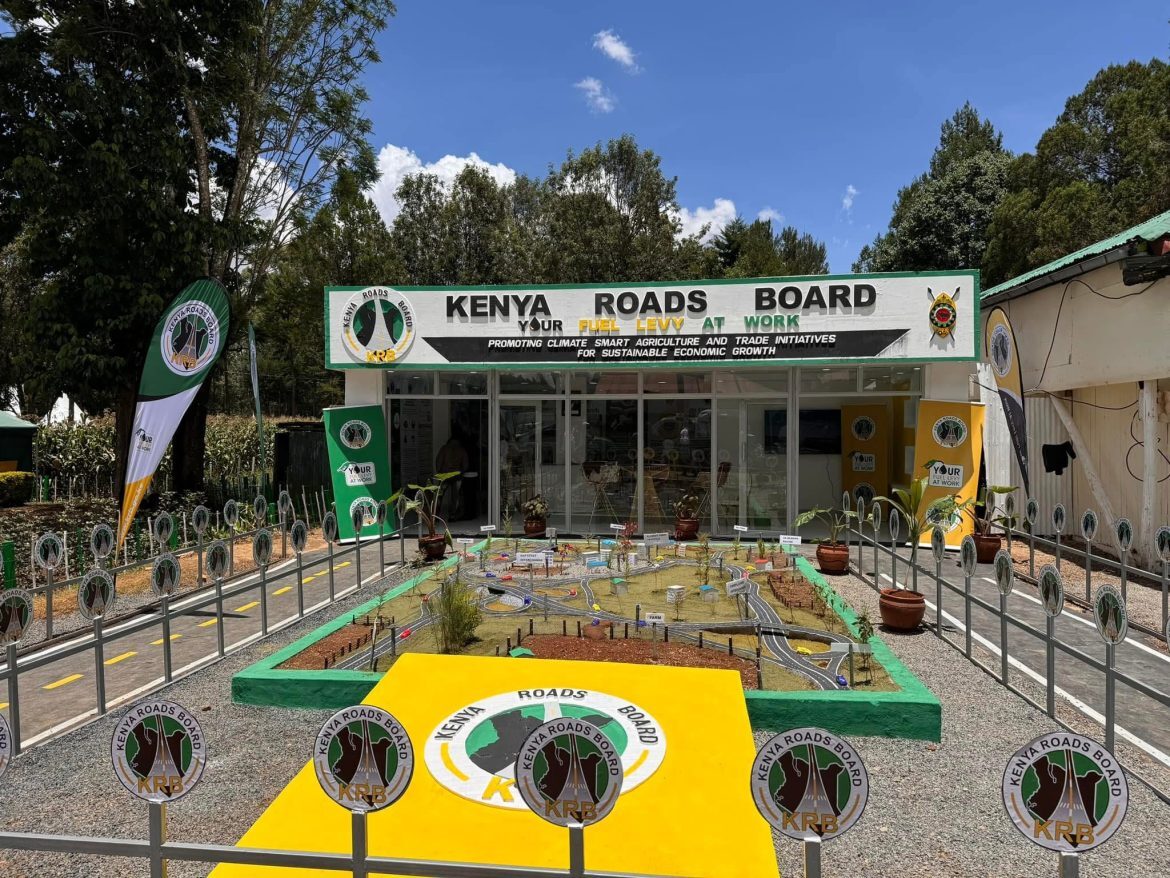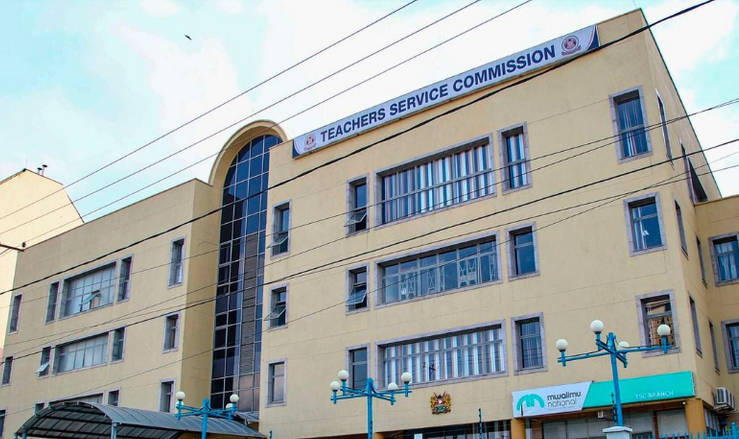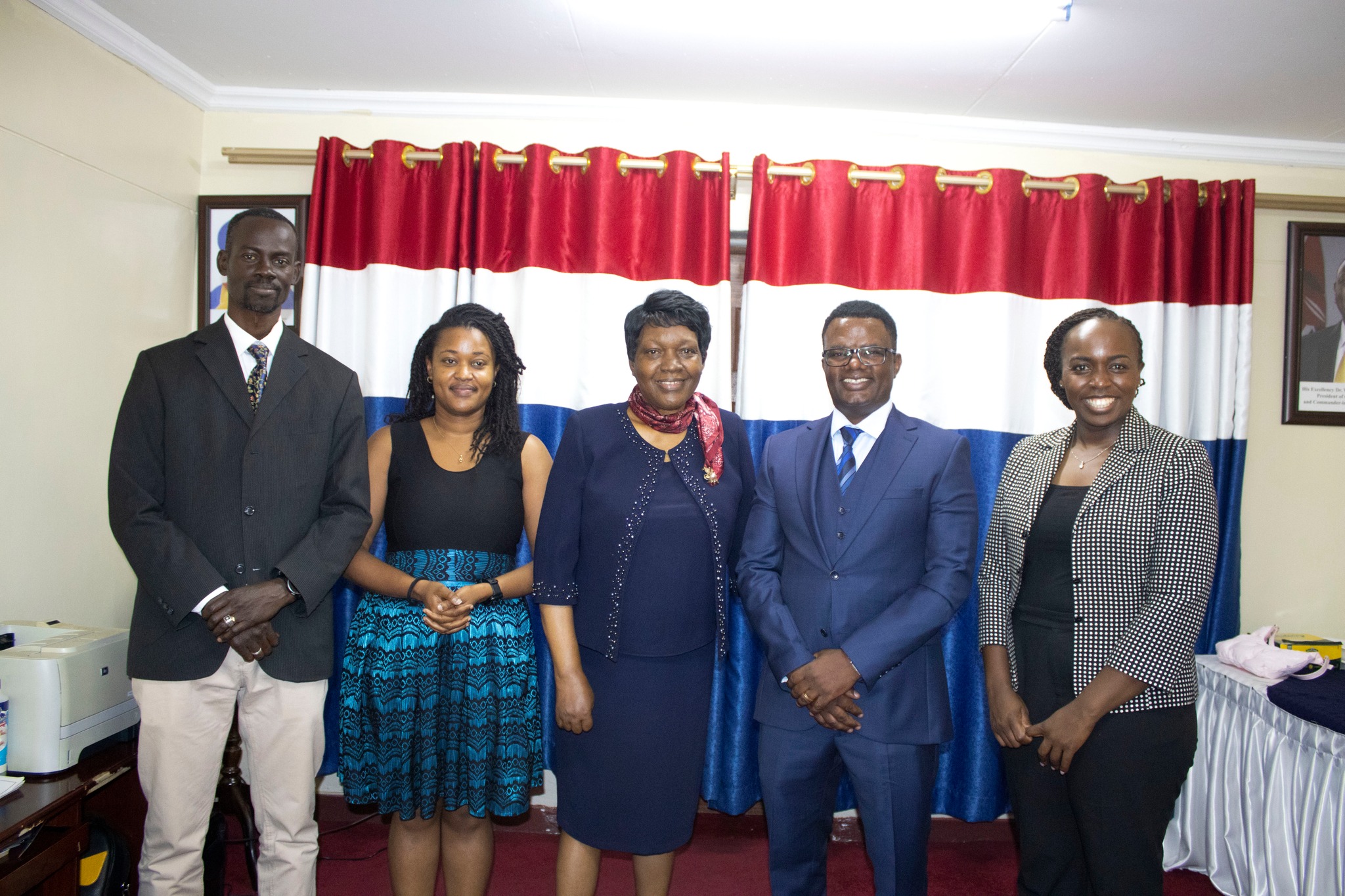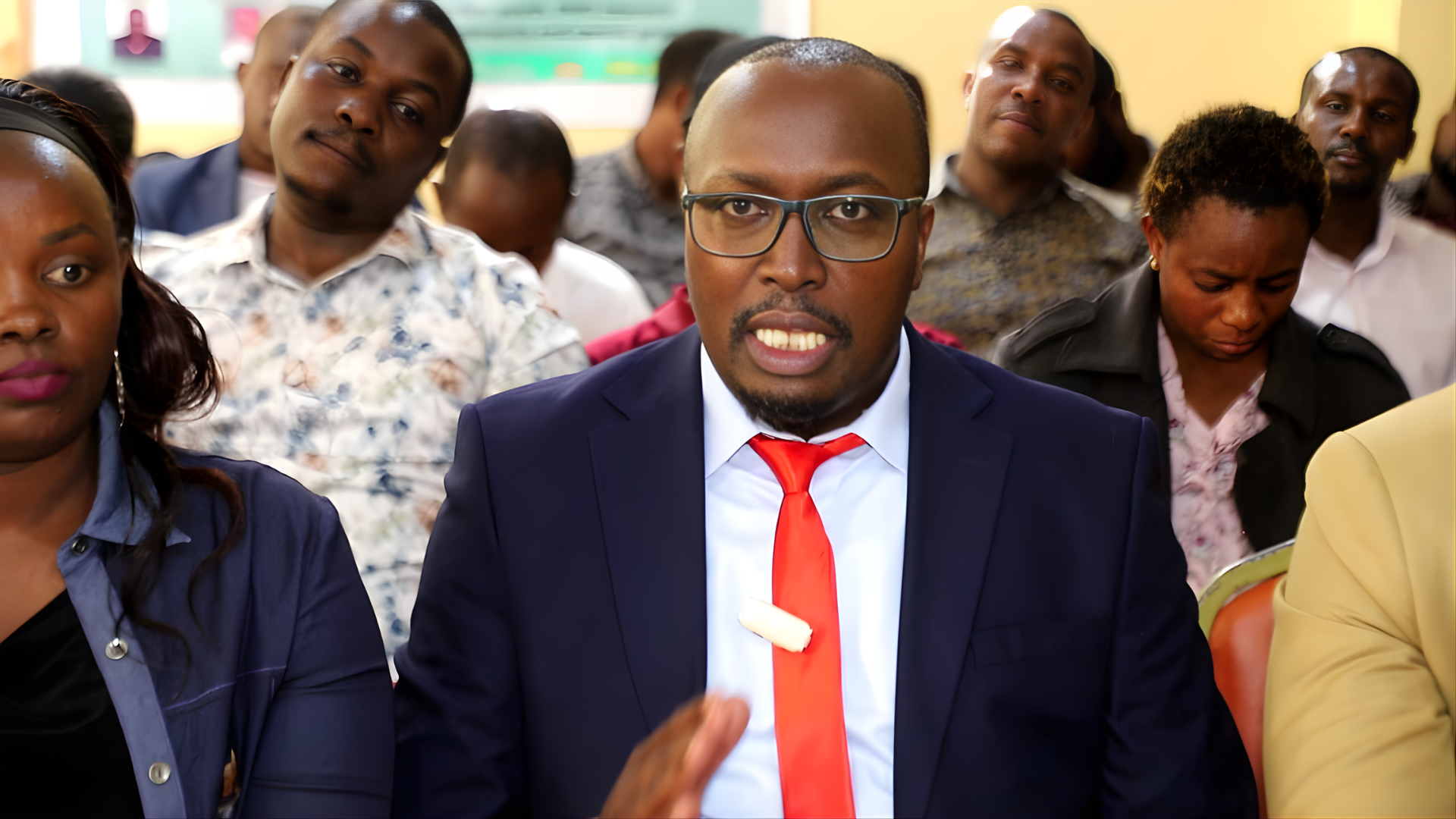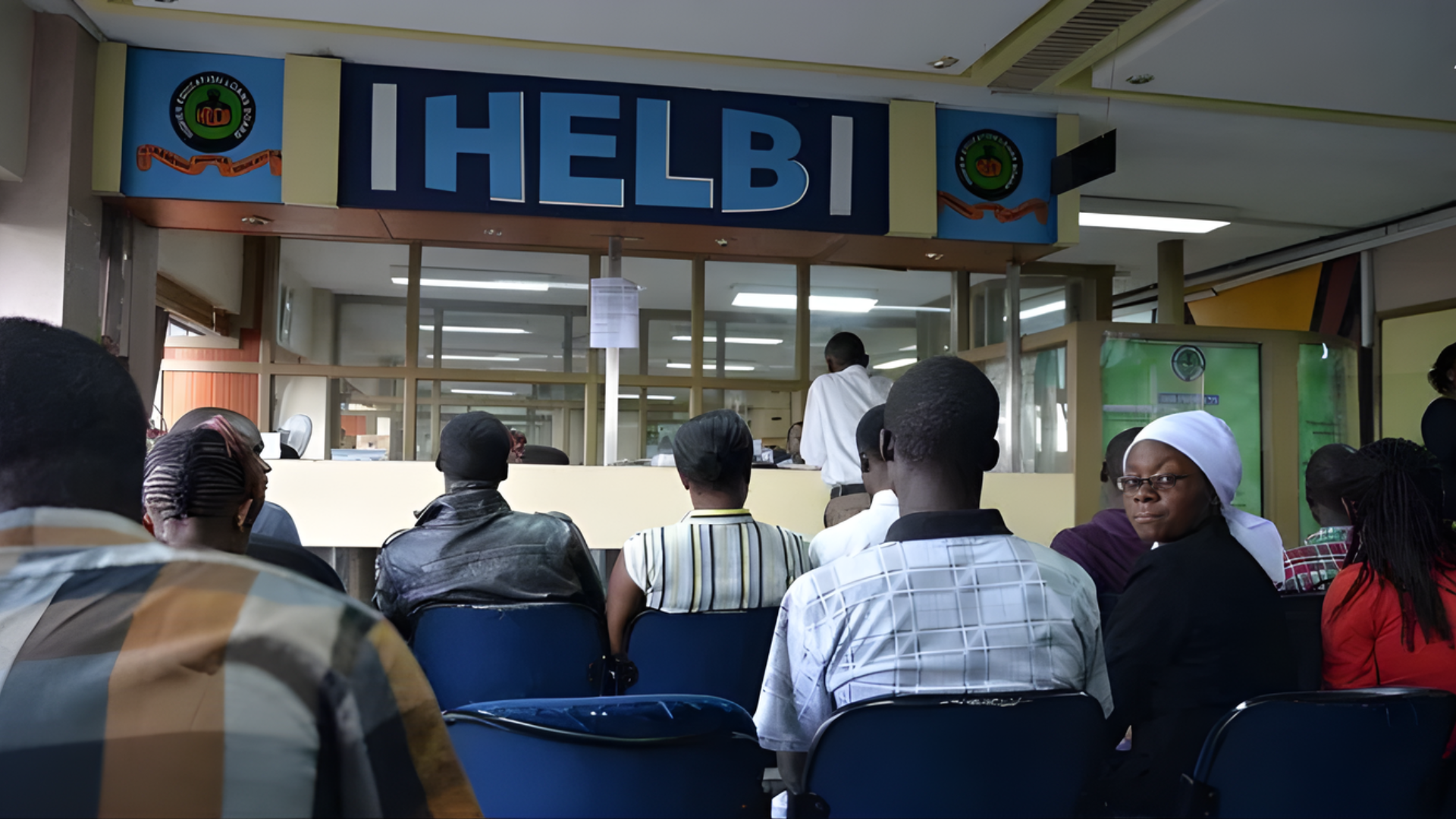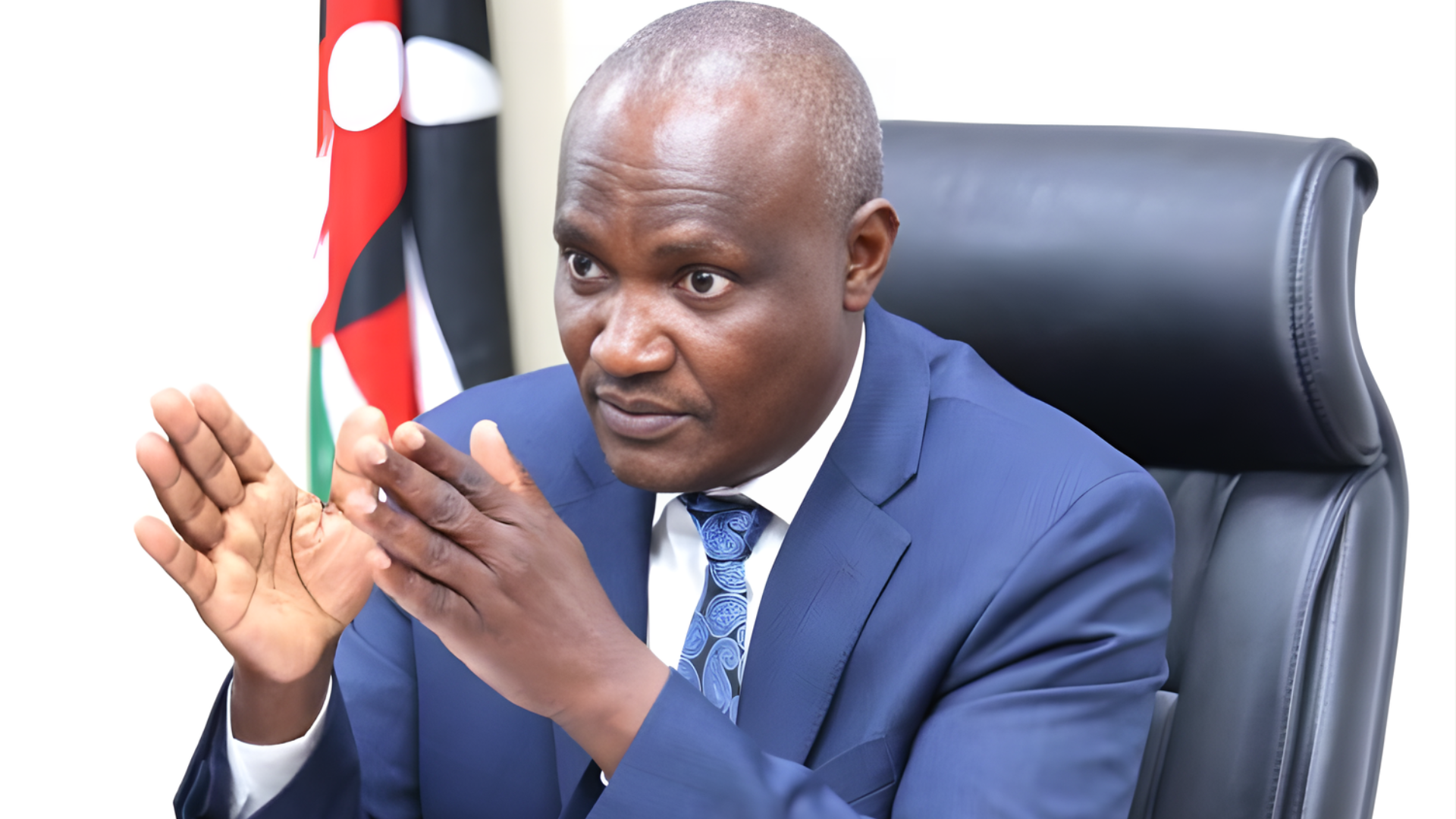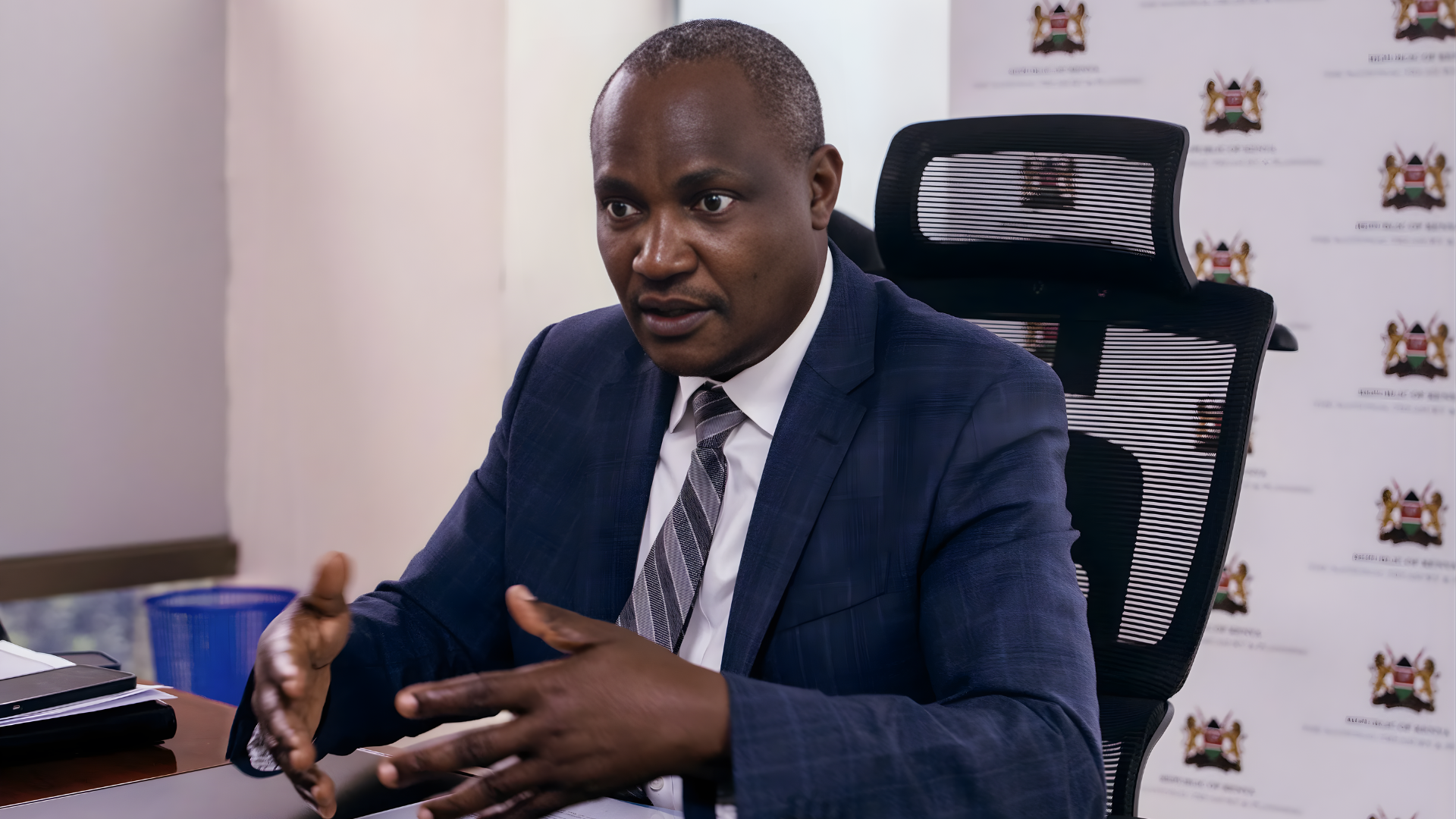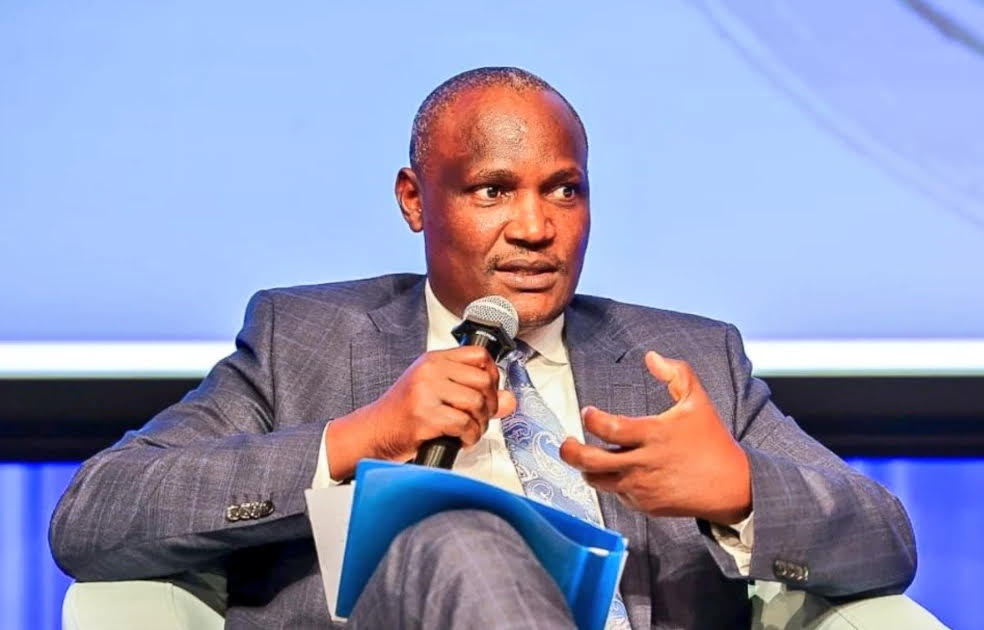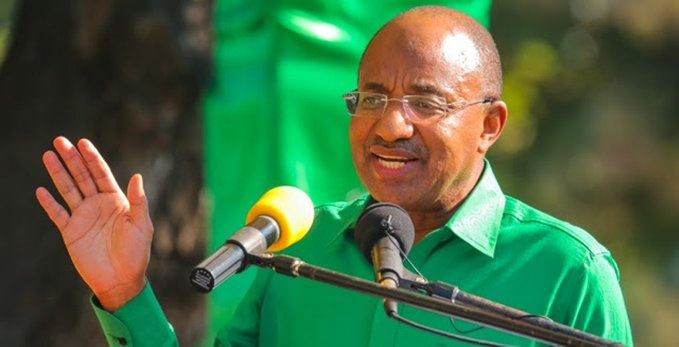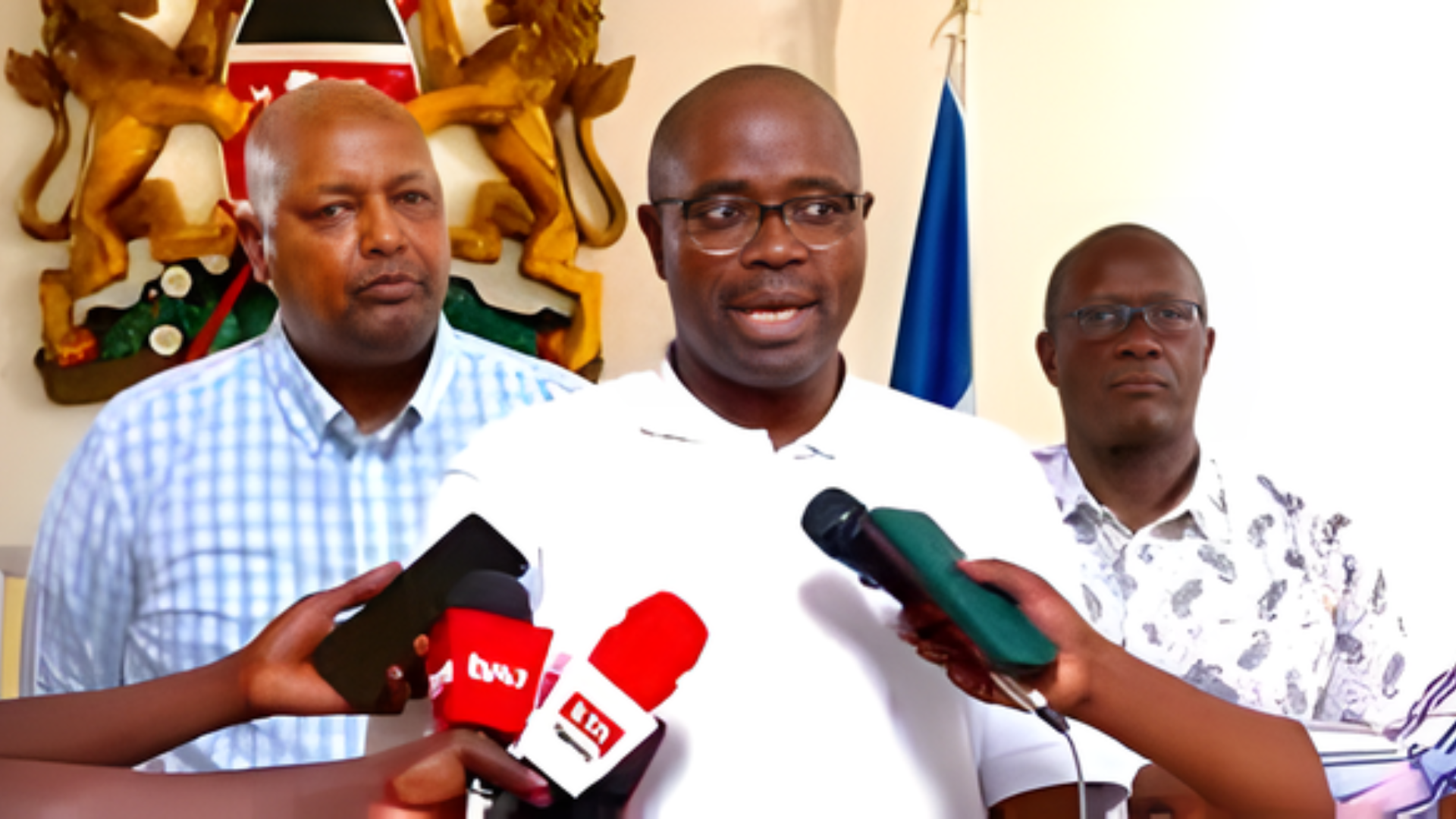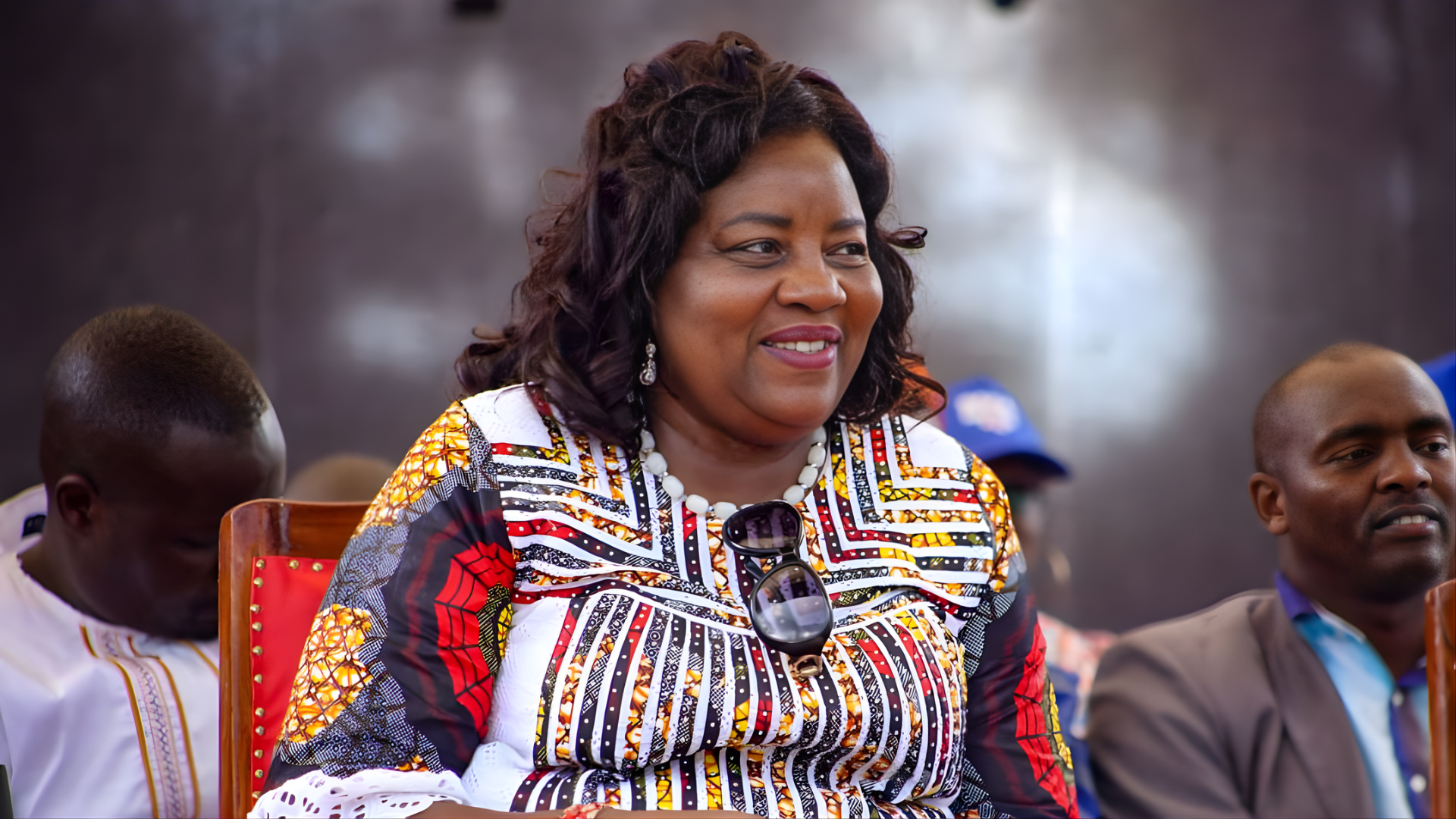The spice-scented air of Stone Town hung heavy with anticipation on Thursday evening, October 30, 2025, as crowds gathered outside the Zanzibar Electoral Commission's headquarters, their murmurs blending with the distant call to prayer from the island's ancient minarets. Under a canopy of baobab trees strung with election banners, ZEC Chairperson George Joseph Kazi stepped to the podium, his voice cutting through the humid night like a captain steadying a ship in choppy waters. "In the presidential election held on Wednesday, October 29, 2025, Dr. Hussein Ali Mwinyi of Chama Cha Mapinduzi has emerged victorious with 74.8 percent of the total votes cast," Kazi declared, his words met with a swell of cheers from CCM supporters and a tense hush from opposition clusters. "This result reflects the will of the people of Zanzibar, expressed through a turnout exceeding 88 percent—a testament to our democratic vitality."
Mwinyi, the 59-year-old son of Tanzania's second president, Ali Hassan Mwinyi, had entered the fray as the frontrunner, his first term marked by ambitious infrastructure pushes and economic diversification efforts that transformed Unguja and Pemba into bustling hubs of tourism and trade. Defeating ten challengers from a fractured opposition landscape, his landslide win extends his leadership of the semi-autonomous Revolutionary Government of Zanzibar for another five years, a mandate that analysts say underscores the enduring grip of the ruling party in the archipelago's politics. "The people have spoken clearly," Mwinyi said later that night, flanked by his wife, First Lady Mariam Mwinyi, on the balcony of State House, his tone measured yet triumphant. "This victory is not mine alone but belongs to every Zanzibari who believes in progress, unity, and the promise of a brighter tomorrow. Let us turn the page on divisions and write a new chapter of shared prosperity."
The election, held concurrently with mainland Tanzania's general polls, unfolded against a backdrop of heightened scrutiny, with international observers from the African Union and the Commonwealth monitoring polling stations from the coral-white beaches of Nungwi to the clove plantations of Pemba. Wednesday's voting, under a relentless equatorial sun, saw long queues snaking through narrow alleys and open fields, voters clutching national IDs and indelible ink-stained fingers as symbols of participation. In rural Matemwe, fishermen fresh from dawn hauls cast ballots alongside their wives, while in urban Michenzani, youth in faded CCM caps debated policy over cups of strong Zanzibari coffee. Turnout figures, tallied meticulously amid occasional power flickers from aging generators, surpassed expectations, with Kazi noting during the announcement that "over 88 percent of registered voters exercised their right, a figure that speaks to the maturity of our electoral process."
For Mwinyi, the path to re-election was paved with the tangible fruits of his tenure. Elected in 2020 amid the shadow of the COVID-19 pandemic, he inherited an economy battered by lockdowns and global travel halts, yet steered it toward recovery through targeted investments. The Blue Economy Initiative, a flagship project, dredged ports in Forodhani and expanded marinas to accommodate luxury yachts, injecting millions into local fisheries and seaweed farming cooperatives. "When I first took office, our GDP growth hovered at three percent; today, it's climbing toward seven," Mwinyi had touted during a campaign rally in Chake Chake, his voice booming over a sea of yellow CCM flags. "We've built over 200 kilometers of roads linking forgotten villages to markets, electrified 70 percent of households, and launched youth skills centers that have trained 15,000 in digital marketing and sustainable tourism." These achievements resonated in the votes, particularly among the archipelago's 1.3 million eligible voters, many of whom credited his administration with job creation in the burgeoning hospitality sector.
Opposition candidates, representing parties like ACT-Wazalendo, Chadema, and the Civic United Front, mounted vigorous campaigns centered on demands for greater autonomy, electoral reforms, and anti-corruption measures. Othman Masoud of ACT-Wazalendo, Mwinyi's vice president in a fragile unity government formed post-2020, emerged as the strongest challenger, securing an estimated 12.5 percent of the vote. Masoud, a seasoned politician with roots in Pemba's clove trade, had peeled back layers of discontent during town halls, accusing the incumbent of favoritism toward Unguja at Pemba's expense. "Zanzibar deserves a leader who listens to all islands, not just the one with the tourists," Masoud urged at a packed rally in Mkoani, his words drawing fervent nods from fishermen weary of fluctuating export prices. Yet, internal divisions plagued the opposition; Chadema's candidate, a young lawyer from Stone Town, polled under five percent, hampered by allegations of vote-splitting tactics.
Seif Sharif Hamad, the veteran CUF leader whose 2015 re-run boycott had plunged Zanzibar into crisis, watched from the sidelines this time, his party fielding a lesser-known contender amid ongoing legal battles over past disqualifications. "We've come far since the violence of yesteryears, but the road to true multiparty democracy is still winding," Hamad reflected in a pre-election interview, his eyes tracing the horizon from his Wete home. Whispers of irregularities—delayed ballot deliveries in remote wards and sporadic clashes between rival youth wings—dampened the atmosphere, though ZEC's swift deployment of rapid response teams quelled major flare-ups. Kazi addressed these concerns head-on during the tallying, stating, "Every complaint was investigated on-site, and our transparency portals allowed real-time public verification. This election was free, fair, and reflective of the people's choice."
As results trickled in from constituency centers—first from Unguja's urban strongholds, then Pemba's rural outposts—the mood shifted from cautious optimism to outright jubilation for CCM faithful. In a modest polling station at Kizimkazi, where Mwinyi himself voted amid selfie requests from admirers, early counts showed him leading by margins of 80 percent. By midnight, with over 90 percent of votes verified, the commission's digital dashboard lit up with confirmatory tallies: Mwinyi at 74.8 percent, Masoud trailing, and the rest fragmented. Supporters erupted in song and dance, conga lines weaving through Forodhani Gardens as dhow silhouettes bobbed on the Indian Ocean. "Hussein! Hussein!" chanted a group of women in colorful kanga wraps, their voices a rhythmic echo of the taarab music spilling from nearby cafes.
Mwinyi's victory speech, delivered under floodlights at Amaan Stadium, wove personal anecdotes with policy blueprints, a nod to his technocratic roots as a former minister of education and health. Born in 1966 to a family steeped in public service—his father had navigated Tanzania through economic liberalization in the 1980s—Mwinyi often invoked familial legacy without overt nepotism. "My father taught me that leadership is stewardship, not entitlement," he shared, pausing as applause rippled through the 20,000-strong crowd. "In this second term, we will double down on education, ensuring every child from Bwejuu to Chumbe has access to quality schooling. We will green our economy with solar farms on unused atolls and empower women through microfinance in the spice trade." Flanking him, Mariam Mwinyi, a quiet force in maternal health advocacy, squeezed his hand, her presence a subtle reminder of the couple's joint philanthropy in building rural clinics.
The opposition's response was measured, laced with gracious concession yet pointed critique. Masoud, addressing a subdued gathering at his campaign headquarters in Vuga, extended olive branches while hinting at future vigilance. "Congratulations to President Mwinyi on this mandate," he said, his tone steady despite visible fatigue. "The people have entrusted him with their dreams once more. But let us hold him to the promise of inclusive governance—no island left behind, no voice silenced." Chadema representatives echoed calls for post-election audits, citing discrepancies in three Pemba wards where turnout exceeded 95 percent, figures they deemed statistically improbable. "Democracy thrives on scrutiny," a party spokesperson noted, vowing to channel energies into parliamentary seats where opposition gains could balance the scales.
On the international stage, the result drew swift affirmations of stability. Tanzania's President Samia Suluhu Hassan, locked in her own mainland contest, telephoned Mwinyi within hours, praising his "permissible" leadership— a moniker earned for his consensus-building style during coalition talks. "Zanzibar's peaceful polls are a beacon for East Africa," Hassan reportedly said, her words relayed through state media. Envoys from the European Union, present as observers, lauded ZEC's logistical prowess, though a preliminary report flagged the need for enhanced digital voter registries to combat ghost voting. "With 88 percent participation, Zanzibar has shown the world what engaged citizenship looks like," EU head of delegation Maria Gonzalez remarked at a briefing, her notebook filled with commendations for female voter mobilization drives.
Domestically, the win bolsters CCM's unbroken streak since Zanzibar's 1964 merger with Tanganyika, a union that birthed the United Republic yet sowed seeds of separatist sentiment. Mwinyi's first term navigated these tensions adeptly, reviving the unity government with ACT-Wazalendo after 2020's disputed polls, which saw street protests quelled by tear gas and arrests. "We've moved from confrontation to conversation," Mwinyi reflected in a victory eve interview, sipping uji from a clay bowl. "Pemba's clove farmers now sit at the same table as Unguja's hoteliers, crafting policies that lift all boats." Yet challenges loom: youth unemployment at 25 percent fuels brain drain to the Gulf, while climate change erodes coastlines, threatening the very beaches that draw 500,000 tourists annually. Environmentalists praise his mangrove restoration projects but urge bolder action against illegal sand mining.
In the days following the announcement, Zanzibar pulsed with a mix of revelry and reflection. Street vendors in Kariakoo hawked commemorative kofia caps embroidered with "Mwinyi 2025," while opposition youth organized clean-up drives as subtle acts of defiance, sweeping election debris from gutters. Elders in Fukuchani recounted parallels to 1961's pre-independence votes, when caravans of donkeys ferried ballots across Unguja. "Back then, we fought for freedom; now, we fight for fairness," one octogenarian mused, his pipe smoke curling toward the stars. Mwinyi's cabinet formation, expected within weeks, will test his inclusivity pledges, with speculation rife on Masoud's retention as vice president to soothe Pemba unrest.
Economically, the re-election signals investor confidence. Foreign direct investment surged 20 percent under Mwinyi, fueled by tax incentives for eco-resorts and a free trade zone in Bagamoyo. "Stability is our currency," a Dubai-based developer confided post-results, eyeing plots for a new convention center. Yet locals like Aisha Juma, a seaweed farmer from Jambiani, temper optimism with pragmatism. "He promises jobs, and we've seen some—my cooperative now exports to Japan," she said, sorting dried fronds by lamplight. "But prices fluctuate with the tides. We need contracts that protect us from middlemen." Mwinyi's blueprint addresses this, allocating 15 percent of the 2026 budget to agricultural tech, including drip irrigation for drought-prone plots.
Socially, the polls highlighted generational shifts. Women, comprising 52 percent of voters, turned out in record numbers, buoyed by Mwinyi's push for gender quotas in local councils. "I voted for schools that teach our girls coding, not just cooking," shared Fatima Hassan, a 22-year-old from Chuini, her ballot a quiet revolution. Youth, galvanized by TikTok campaigns and hip-hop anthems mocking corruption, demanded digital governance, with petitions for blockchain voting circulating online. Mwinyi nodded to this in his speech: "To our young ones, this term is yours. We'll launch innovation hubs in every district, turning your ideas into exports."
As the sun rose on November 1, casting golden hues over the House of Wonders, Mwinyi convened his first post-victory cabinet meeting, agendas heavy with transition plans. Opposition leaders, in private huddles, plotted legislative alliances to extract concessions on devolution. Kazi, the ZEC chair, retired to his office, poring over data for a final report that could shape 2030's reforms. In homes across the isles, families tuned radios to taarab dedications, toasting with tamarind juice to a future uncertain yet hopeful.
This election, more than a tally of percentages, etched Zanzibar's evolving narrative: from revolutionary fervor to pragmatic pluralism, where 74.8 percent isn't just a number but a bridge spanning divides. Mwinyi's second term, sworn in come November, carries the weight of that bridge—sturdy enough for clove carts and cruise ships alike. As dhow sails billow against the horizon, the archipelago exhales, ready to chart waters both familiar and untested, under a leader who, for now, commands the winds of change.
The ripple effects extend to Tanzania's union fabric, where Mwinyi's win synchronizes with mainland outcomes, fortifying CCM's national dominance. President Hassan, navigating her own tight race, views the result as symbiotic: Zanzibar's calm shores mirroring her reformist ethos. "Together, we build one republic, two governments," she affirmed in a solidarity message, hinting at joint ventures in renewable energy. Bilateral ties, too, warm; Kenya's President, in a congratulatory call, proposed enhanced ferry links to Mombasa, easing pilgrim flows to Mecca via Dar es Salaam.
Critics, however, peel deeper layers. Human rights monitors documented 47 arrests during campaigns, mostly for "incitement," though none marred voting day. "Progress, yes, but vigilance required," noted a Amnesty affiliate in a dispatch. Mwinyi, ever the diplomat, pledged amnesties for minor offenders, a gesture toward reconciliation. In Pemba, where opposition sentiment simmers like slow-cooked pilot fish, community dialogues—facilitated by imams and sheikhas—aim to douse embers before they flare.
Culturally, the victory inspires artistic blooms. Taarab orchestras compose odes to "Mzee Rukhsah," his permissive style, while street murals in Shangani depict unity motifs: intertwined palms from Unguja and Pemba. Tourism operators, sensing momentum, book flights from Europe, touting "post-election paradise." Yet, beneath the gloss, resilience defines Zanzibaris—traders haggling in Darajani Market, healers brewing remedies from neem leaves, children kicking footballs on slave-trade ghosts.
As inauguration approaches, Mwinyi tours constituencies, shaking hands scarred by labor, listening to laments on water scarcity. "Your pains are my priorities," he tells a group in Dole, committing funds for desalination plants. In this intimate accountability, the 74.8 percent finds flesh: not abstract approval, but actionable alliance. Zanzibar, jewel of the Swahili coast, sails onward, its captain re-endorsed, compass set toward horizons where autonomy and union coexist, spiced with the eternal rhythm of tides.
